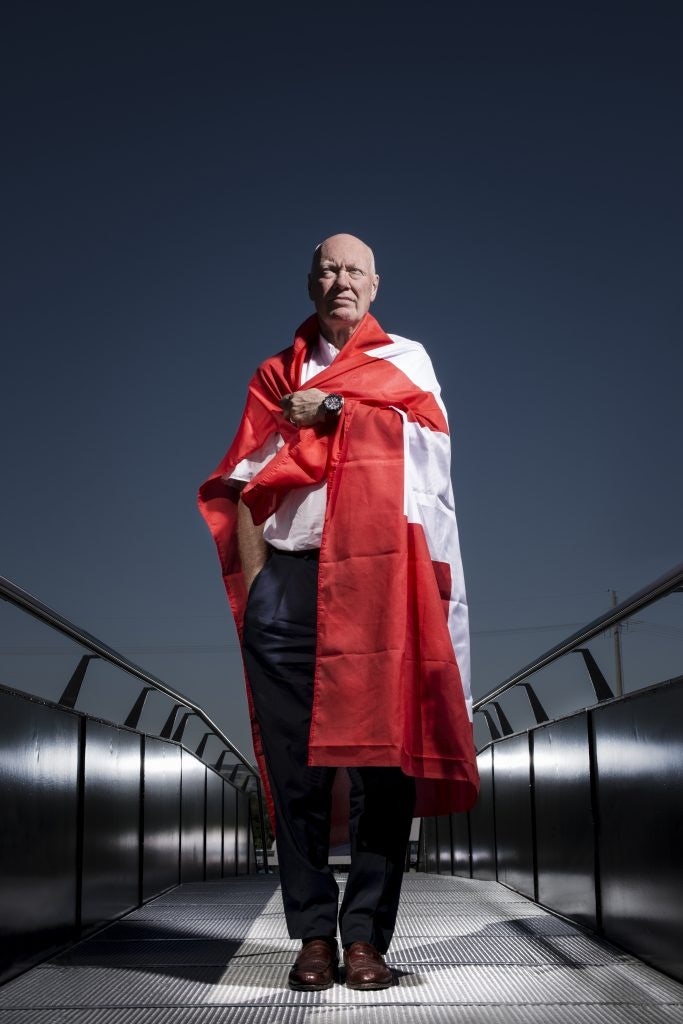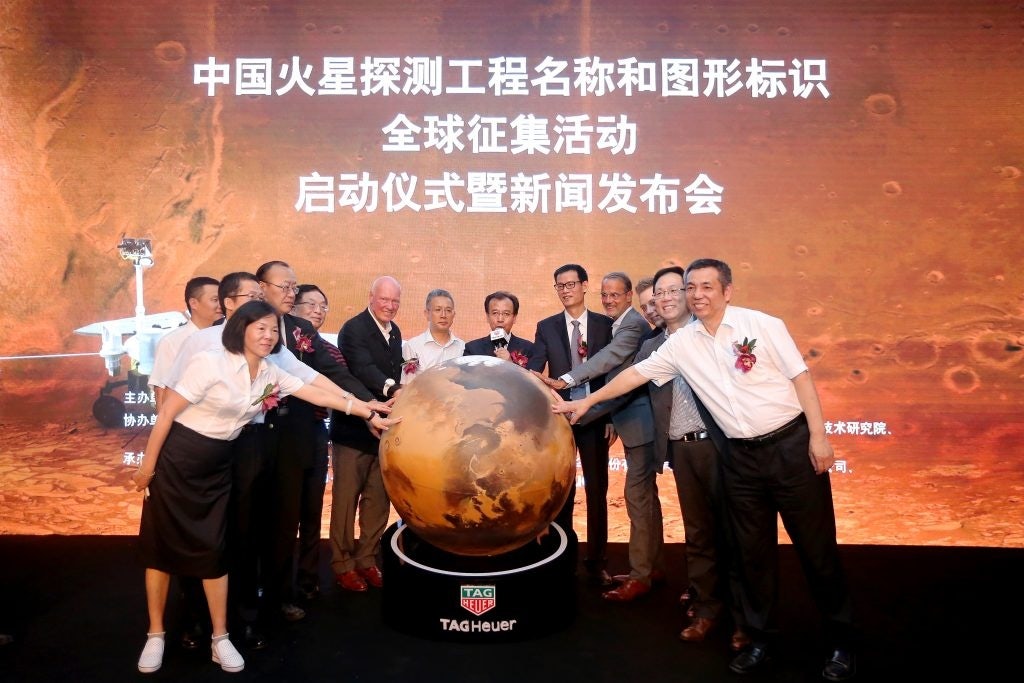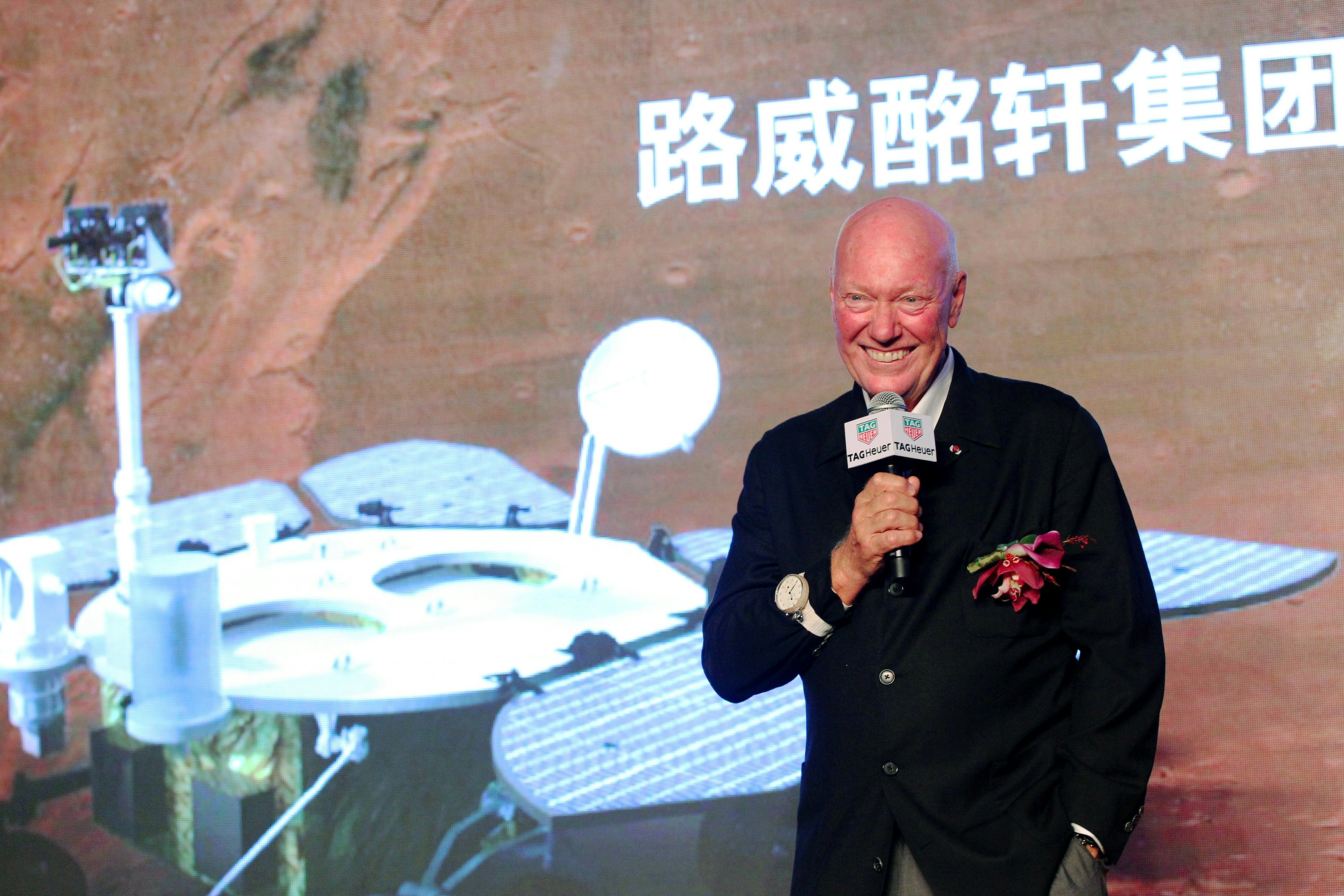Over the past 20 years, the global reach of luxury Swiss watch marketing and advertising has been influenced, either directly or indirectly, by a one-man watch-world juggernaut: Jean-Claude Biver.
Few executives in the conservative Swiss watch industry give their opinions as unabashedly as the president of LVMH’s Watch Division and CEO of TAG Heuer. He’s a force of nature, renowned for his clever marketing and strategic partnerships, so ubiquitous that many refer to him simply as “JCB.” Biver has tight Chinese connections, too: His son, Loïc Biver, is the general manager of Hublot in Greater China and recently celebrated his wedding in Shanghai.
Biver’s watch industry story begins in the mid-1970s, with time at Audemars Piguet and then a brief stint at Omega. Then, in partnership with Jacques Piguet, Biver acquired the rights to the shuttered Blancpain brand in 1981 for CHF22,000 and sold it 10 years later for CHF60 million (about US$43 million). As Adam Thomson noted in Financial Times, “[This] marked a turning point for the entire industry.” Biver went back to the Swatch Group, which offered him a seat on the board and the mission to rescue the group’s Omega brand. Thanks to his uncanny marketing skills, making use of celebrity sponsorship and product placement, profits at the division grew almost 300 percent. In 2003, Biver once again moved on, this time to become CEO of Hublot. At Baselworld 2005, he debuted Hublot’s “Big Bang” chronograph, capitalizing on the trend for oversize watches. Between 2004 and 2007, Hublot sales increased fivefold, and in 2008 LVMH purchased the brand, wisely keeping Biver at the helm. In addition to TAG Heuer, his spot at the head of the Watch Division means he also oversees Hublot and Zenith. This exclusive interview was conducted both in person and via e-mail.
Swiss watch exports to mainland China have remained soft, but some brands have seen a slight rebound. Is it time to scale back or push forward in China?#
It’s time again to push forward in China and to invest strongly. Especially as the market has become more stable after this period of consolidation the last few years. The more competitors are reducing their investments, the more you should invest. One also cannot forget that China is the second-biggest luxury market and will, with no doubt, become the biggest.

In 2015, TAG Heuer was one of the luxury brands that chose to adjust pricing in China to address price disparities with other regions. Has this helped balance global sales? Has it had any effect on Chinese gray-market sales?#
Disparity in a market is never the best way to develop the market and the brand. We had no choice but to adjust prices. The adjustment means also that we are not in an opportunistic position, but in the market for the long term—that we believe in the market and its particularities, which should be taken into account.
Swiss watch exports to Hong Kong declined by 33 percent in July; the next month, Hong Kong lost its title as the world’s largest luxury watch market. Is LVMH readjusting its regional priorities in response to this slump?#
We are not reallocating or adjusting priorities; we’re just continuing to adapt and trying to make long-term decisions rather than short-term adjustments. Our policy in each market has always been marked by a long-term approach. The long term is your friend, the short term your enemy. No luxury brand can be built on short-term policies.
How much have LVMH watch brands been affected by the Chinese government’s widespread anti-corruption campaign? What is your strategy in response?#
Our watch brands, with the exception of Zenith—which had been selling quite a lot of gold watches before the campaign—have not been much affected. Which explains why our brands have continued to grow, even in a negative market environment.
You’ve previously emphasized that it’s crucial for the watch industry to resonate with the younger generation. What does it take to persuade millennials to buy watches? Are they harder or easier to reach in China?#
Chinese customers have been loving watches for two centuries, and I don't see this disappearing. There might come changes with millennials who are, naturally, rejecting the symbols of their parents. They need the symbols of their own generation, not those of their predecessors. In that sense, it will be important to detect their perceptions, their wishes, their lifestyle, their emotions, their status symbols, and their dreams. To detect all this is probably the biggest challenge. That’s why we are, at the moment, so close to this new generation: to try to understand them as well as we understood the last generation.
As Swiss watchmakers discuss the future in the era of the smartwatch, TAG Heuer’s Connected has been a successful response to this new technology. What is your view of the relationship between smartwatches and traditional watches, especially in regard to the Chinese market?#
Traditional luxury watches, like the ones we produce at TAG Heuer and [those of] other Swiss prestige brands, are marked by “eternity.” These products will never become obsolete, and even after 100 or 200 years, you’ll be able to wear them and they’ll work perfectly. That’s one of the miracles of the Swiss watchmaking art. On the other hand, you will have the smartwatch, which will be 100 percent linked to technology and will become obsolete at the speed of the technology. The two products cannot be compared, because how can you compare eternity with obsolescence? I believe we’ll have a market for both.
Many luxury brands have been wary of pursuing e-commerce in China for fear of brand dilution, while others have been very active with online sales. Some have even opened shops on Alibaba’s Tmall. Should the watch industry embrace online retail?#
Very, very few brands will be able to avoid e-commerce in the long term. It will be part of our purchasing habits, and will enter our world as e-mail or SMS has entered our communication. I have therefore not a single doubt about the necessity of e-commerce as soon as the brand and the market are ready for it.

Can TAG Heuer’s involvement in China’s Mars exploration program be what Omega was to the U.S. moon-landing program? Is Mars the millennial generation’s moon?#
The [China National Space Agency] has enormous ambition and colossal knowhow, and is working hard to become a leader in space exploration. Whoever is linked to such an ambitious program will get enormous return from it. Mars is for sure millennials’ moon—I wish I could be a millennial so I could live the Mars exploration.
What are the three most important aspects of the Chinese luxury market in the years ahead, and how does TAG Heuer, as the pillar of the LVMH Watch Division, intend to address them?#
As the market opens more widely, together with the development of [China’s] middle class and its suburban regions, the distribution network will be key, together with e-commerce. We must therefore make sure our distribution network adapts quickly to the market’s development. As the market opens, we are seeing millennials becoming the next leaders of the country and the world. It’s our duty to understand their needs, lifestyle, and mentality, which is not always easy for the older generation.
